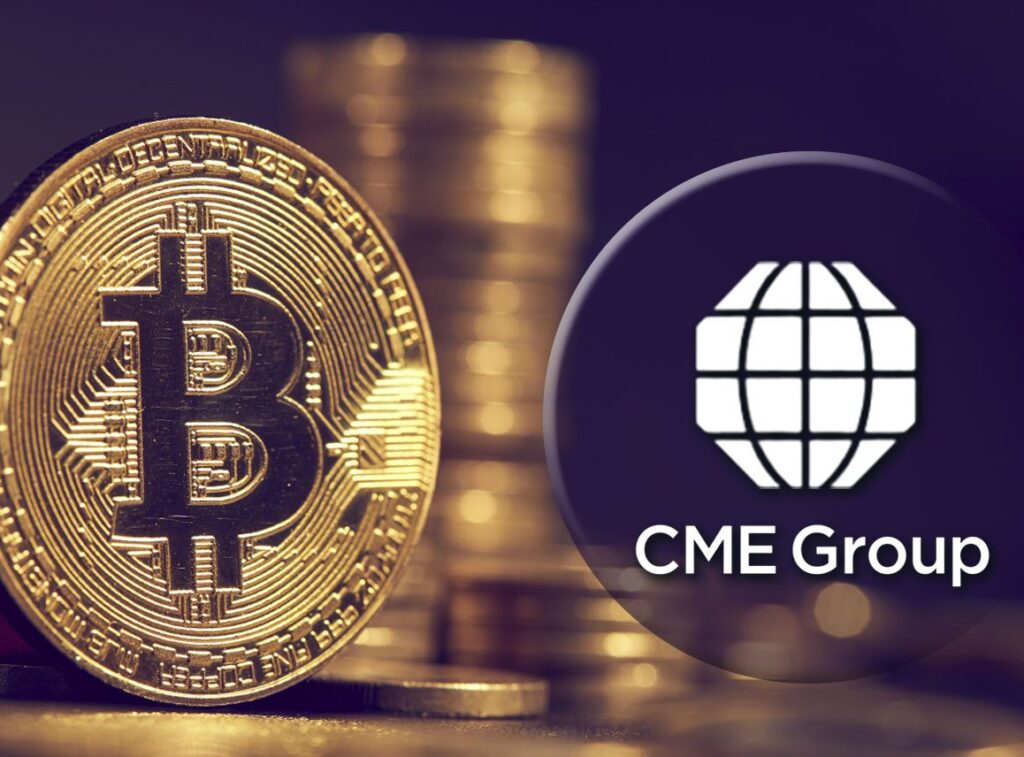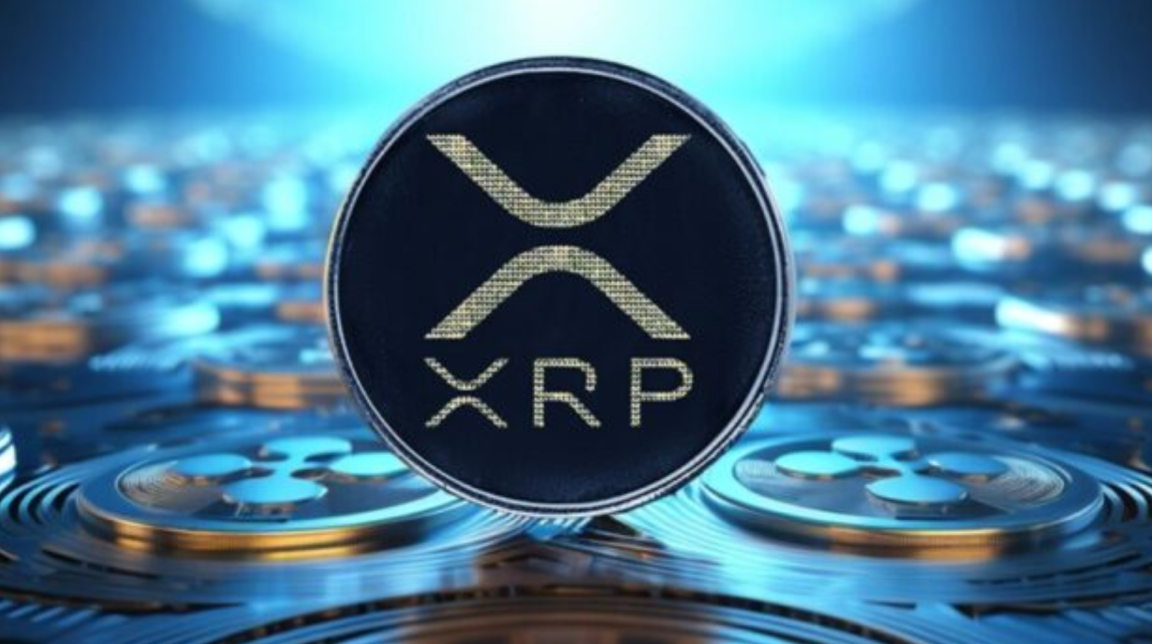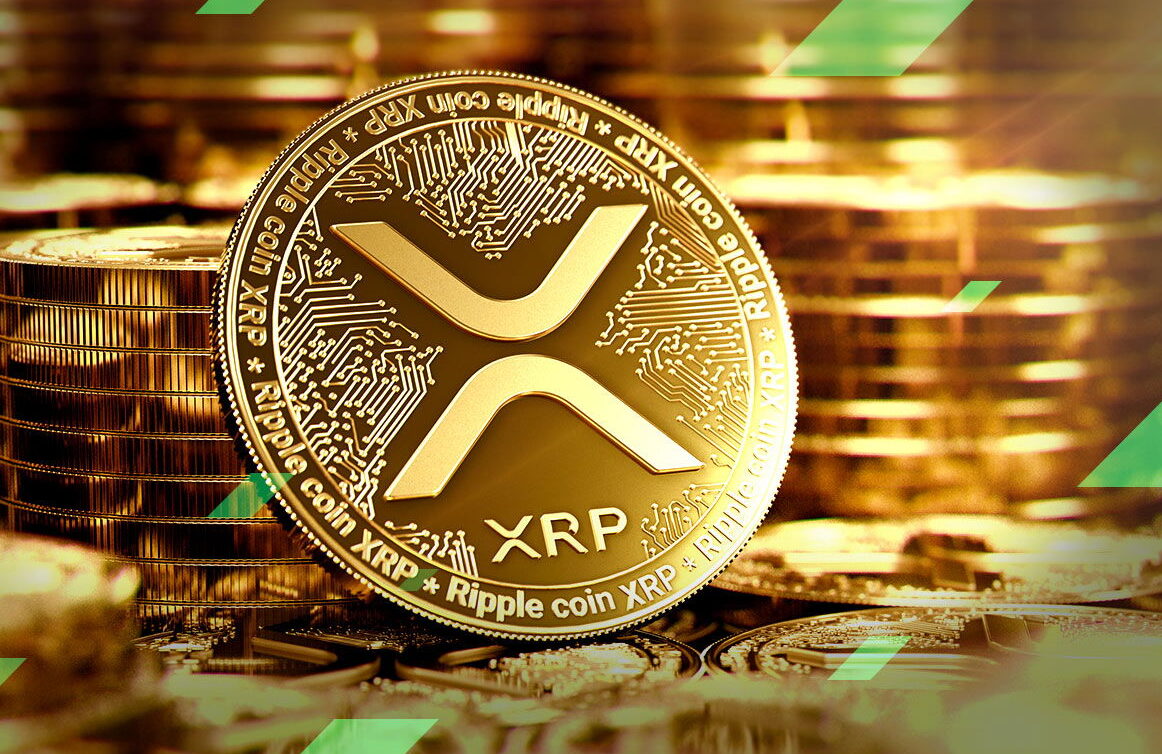CME Group, one of the world’s largest derivatives exchanges, plans to add cash-settled futures contracts for Ripple Labs’ native cryptocurrency XRP on May 19, 2025, subject regulatory approval. CME Group’s goal is to enhance its cryptocurrency futures offerings and capitalize on altcoins’ rising market. Despite regulatory ambiguity, market volatility, and speculative risks associated with the XRP futures contracts, industry professionals and financial analysts are concerned about the news.
XRP Futures Surge
Rising in value in 2025, XRP surpasses both Bitcoin Futures and Ethereum, the two biggest cryptocurrencies by market capitalization. Institutional investors—many of which are trying to diversify their portfolios with cryptocurrencies like XRP—have paid close attention to this spike. Launching XRP futures contracts by CME Group is considered as a reaction to this increasing institutional curiosity. By means of these futures contracts, institutional investors could be able to hedge their positions or acquire XRP exposure without personally owning the asset.
The action fits nicely with a larger trend toward increasing derivatives of cryptocurrencies. Previously introducing futures contracts for Bitcoin and Ethereum, CME Group has attracted extensive institutional involvement. The exchange’s choice to add futures contracts for XRP, which is becoming more and more popular, could give another way for institutions to be exposed to the bitcoin market. Following Solana futures’ success in 2025, XRP futures contracts also show CME Group’s continuous attempts to take a bigger piece of the fast expanding altcoins derivatives market.
XRP Futures Uncertainty
XRP futures contracts offer possible advantages, but the decision to introduce them is not simple either. A protracted legal fight between Ripple Labs and the U.S. Securities and Exchange Commission (SEC) has revolved mostly on XRP. The SEC claims Ripple sold unregistered securities by public XRP offer. Although Ripple has battled the SEC in court and refutes these claims, the legal uncertainty around the coin remains a significant concern.
The result of this litigation should have major ramifications for the whole bitcoin market in addition to Ripple. Should the SEC finally label XRP as a security, Ripple and related products may face more stringent regulations. Moreover, the legal shadow around XRP begs problems regarding the token’s position as an asset for institutional investors. Potential investors could be reluctant to interact with XRP futures contracts until the regulatory problems are fixed since changes in the legal environment could affect their money.
Furthermore lacking any direction on XRP classification is the Commodity Futures Trading Commission (CFTC). The launch of futures contracts linked to XRP is complicated by the ambiguity about how U.S. authorities would classify the cryptocurrency. This regulatory uncertainty can discourage institutional investors from joining the XRP futures market, therefore lowering the liquidity and efficiency of the futures contracts.
XRP Volatility Risks
One other big issue is XRP’s volatility. XRP has had notable price changes over its existence, much as most cryptocurrencies. The cryptocurrency has had significant value decreases during times of market volatility even when it shows great increases in 2025. XRP is no different; the whole bitcoin market is well-known for its volatility.
Futures contracts are by nature speculative, hence XRP’s volatility adds still another level of risk. For investors and traders, this implies that should the futures market fail to fairly represent XRP’s fundamental value, there is likely to be significant losses. Given the price swings XRP has seen in the past, the futures market might become a very volatile domain, especially for retail investors who might not completely grasp the hazards associated in futures trading.
XRP futures’ arrival also begs questions regarding the possible market manipulation capability. Like other cryptocurrencies, the relative lack of control in crypto markets may allow big speculators or “whales” to manipulate prices. Futures contracts might increase these risks, hence causing more price swings and a higher chance of speculative bubbles.
XRP Futures Risks
CME Group XRP futures contracts generally target institutional investors, but they may attract retail investors. Regulated futures contracts might allow retail traders access XRP Price more readily, boosting their exposure and possibly diversifying the market.
But future trading is hard and not for many retail investors. Less experienced traders may struggle to manage bitcoin futures risks, especially with a volatile asset like XRP. Retail investors may be tempted to trade futures despite their lack of market knowledge and experience. CME Group must provide risk disclosures and educational resources to help regular traders understand XRP future contract risks.
Final thoughts
For the cryptocurrency market particularly for altcoins like XRP, CME Group’s choice to introduce XRP futures contracts marks a major change. These contracts, however, also bring some quite significant issues. The continuous legal dispute between Ripple and the SEC generates regulatory uncertainty; XRP’s volatility increases traders’ risk even more. The action might cause more market volatility and speculation even if it would give institutional investors a fresh approach to expose to XRP. Before joining the XRP futures market, retail investors have to be smart and well-informed.
As the launch date approaches, the sector will watch to see how these issues are overcome and if the XRP futures market will thrive in a shifting regulatory and market environment. Successful XRP futures contracts will depend on market demand and the settlement of legal and regulatory challenges around the cryptocurrency.




